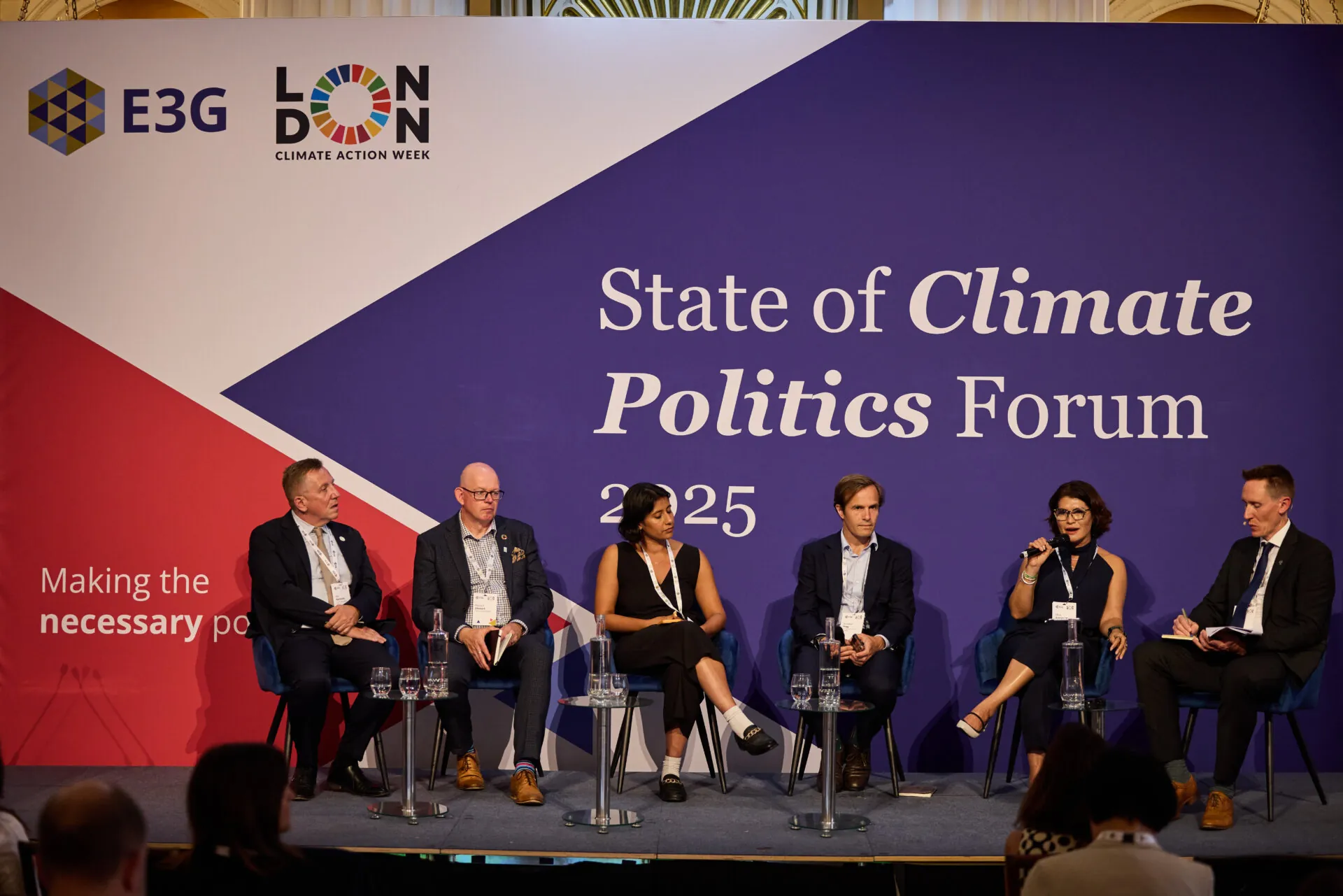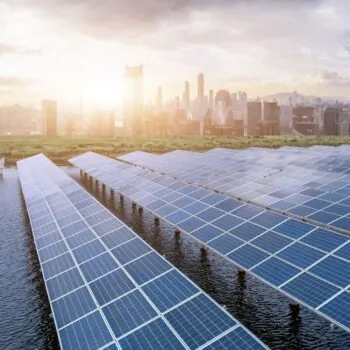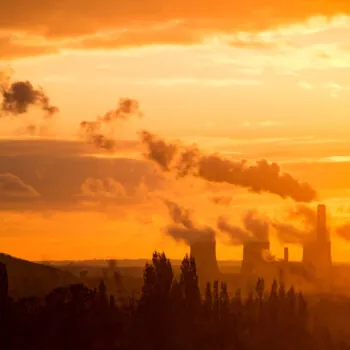Climate goals and business interests are increasingly aligned in advancing the global energy transition. Governments are supporting this shift with policies to boost growth, competitiveness and energy security.
Consensus on clean energy continues to build in the face of geopolitical headwinds, as seen at the UK-hosted IEA Energy Security Summit in April, where countries demonstrated their collective resolve to hardwire clean energy into energy security, further isolating the US’s outlier position on fossil fuels.
We are seeing steadfast global progress on renewable energy deployment, now the lowest-cost form of generation. In 2023, 96% of new solar and wind capacity globally had lower generation costs than new coal. Meanwhile, 75% of new renewables projects were cheaper than running existing coal plants.
Globally, the pre-construction coal project pipeline has shrunk by 76% since the Paris Agreement, with 35 countries cancelling their plans for new coal entirely. Momentum continues to build: as of last month, no new coal projects are in development anywhere in Latin America. With Honduras joining the Powering Past Coal Alliance at Panama Climate Week, the region is showcasing leadership in the coal transition ahead of COP30 in Belem.
But coal still accounts for a third (35%) of electricity generation globally and the world remains off-track to meet renewable energy and energy efficiency targets.
Global leaders rally for bold climate action
Against this backdrop, discussions at London Climate Action Week (LCAW) 2025 provided early insights into how the world is responding to a second US withdrawal from the Paris Agreement. The message was clear: across sectors and geographies, support for the energy transition is widespread and growing.
Experts, business leaders and policymakers shared proposals on how to step up collaboration and provide investor certainty for real-world delivery of energy commitments and ensure momentum at COP30 in Belem.
Ed Miliband, UK Secretary of State for Energy Security and Net Zero, emphasised how climate leadership can build a more prosperous and sustainable UK, while Brazilian Environment Secretary Marina Silva indicated that COP30 could kick-start the process for a roadmap away from fossil fuels.
At E3G’s State of Climate Politics Forum, Andrew Prag, Managing Director of We Mean Business, stressed that business leaders view clean power as the cornerstone for resilient supply chains, future-oriented investment, and global competitiveness.
This mirrors the findings of a major global poll of nearly 1,500 business leaders from medium and large companies across 15 countries: 97% support a move away from fossil fuels in the power sector, and 78% want to see a renewables-based electricity system in place in the next 10 years, or sooner.
Furthermore, half of all respondents would relocate their operations (52%) and supply chains (49%) to markets with better access to renewables-based power systems within five years if their current markets don’t deliver. Clean electricity is becoming a core competitive advantage.
Marcus Stewart, Head of the Green Grids Initiative, used LCAW to highlight that the global shift to renewables offers major opportunities to build a skilled workforce across regions. He also highlighted development benefits: “Every dollar invested into regional transmission into southern Africa generates $23 of economic benefit, so grids and clean energy are going to be the engine of economic development.”
The economic benefits were reiterated by Gonzalo Sáenz de Miera, Director of Climate Change and Alliances at Iberdrola, at The Coal to Clean Transition: Progress and Opportunity, co-hosted by the UK and Chile with the PPCA at LCAW: “Coal phase out is good for the economy and it’s good for jobs. For every job you lose in the brown economy, you gain two in the green economy [globally].”
Scaling action and finance to deliver at COP30
To maintain the ambition that business is seeking, governments must redouble efforts accelerate global progress on the COP28 energy goals – tripling renewables and doubling energy efficiency by 2030, transitioning from fossil fuels, and phasing down coal. While economic conditions increasingly favour renewables, the policy and financial architecture to scale the transition remains uneven, particularly for emerging economies.
It is critical that Belem delivers a robust outcome that demonstrates international solidarity to get the job done on energy transition, despite US backsliding. Furthermore, this must be clearly communicated as essential to address the climate emergency and to safeguard domestic energy security, competitiveness and prosperity.
Countries should use the Action Agenda to make bold pledges showing real acceleration towards global energy goals – raising investment targets to electrify economies with clean electrons, transitioning away from fossil fuels, and peaking emissions by 2025.
Leading G7/G20 nations must show collective commitment to scaling global clean energy investment and de-risking supply chains. This includes advancing new clean trade and investment partnerships that build on and reimagine existing collaborations such as Just Energy Transition Partnerships.
Countries and financial institutions must provide concrete evidence that they are mobilising climate finance through the Baku to Belem roadmap, backing energy commitments, and establishing new country investment partnerships to deliver them.
As COP30 approaches, the international community’s task is to turn converging interests across governments, businesses, and civil society into real-world delivery. The economic and technological case for the energy transition is stronger than ever – now it must be matched with credible, coordinated political leadership and policy action.


